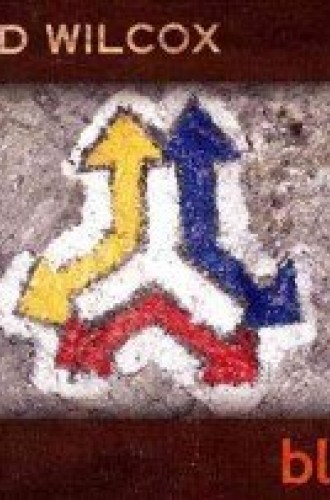Blaze, by David Wilcox
David Wilcox sings songs that matter, songs with lyrical depth that show off his perceptive powers. He also sings with a baritone voice that’s smooth and warm and—though he’s rarely explicit about it—from the perspective of a songwriter on a Christian spiritual journey.
On his 18th album, Wilcox covers a wide swath of topical matter and musical textures. But Wilcox’s voice—often compared to James Taylor’s—and his acoustic guitar provide steady anchors. As Wilcox describes his objective in the liner notes, “This blossom has petals that go out in different, seemingly contradictory directions.”
Read our latest issue or browse back issues.
Wilcox has planted something complex and beautiful with Blaze. It displays his gifts as a first-rate storyteller who marries arresting narratives with alluring melodies. The album also rocks out, as on opener “Oil Talking to You.” The song imagines a world beyond our dependence on crude. Yet it isn’t as apocalyptic as you might imagine: “They’ll be kitchens full / There will be parties loud / And dinner conversations with the neighbor crowd / There will be bright ideas on how to get things done.” Wilcox imagines a world where people unite to tackle a common problem; it’s a protest song of sorts but with a positive twist:
Equally surprising is “The Sacrifice,” a song from the point of view of a police officer who answers the call of a kid getting shot on the sidewalk. At first, the narrative—set against percussive electric guitar and a shuffling beat—has the matter-of-fact feel of a police report: “And he’s face down on the pavement / His neck feels cold and thin.” Yet Wilcox shifts the tone in degrees, revealing the cop’s humanity and poetry in the choruses: “On some ancient Aztec temple / There’s a stain that never fades / And this sidewalk was the altar / Where the sacrifice was made.”
Wilcox’s self-described centerpiece is “We Came to Ride the Road,” an ode to his affection for bicycling. But it’s also a gentle appreciation for the journey of life as the point in and of itself. Like graceful pedal strokes turning one after the other, the song creates a circular meditation where not much needs to be said: you follow the musical terrain and let it take you where it will.
With Blaze, Wilcox once again asserts himself as a vital, wise voice in American music. Album closer “Single Candle” serves as a fitting coda. In saluting the life of Martin Luther King Jr., it holds up an image both striking and poignant: “One bright conversation shines a light across a lifetime / And your quick life had time enough to shine like the sun.”






